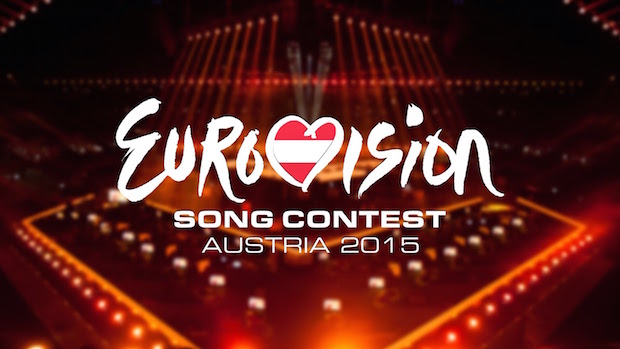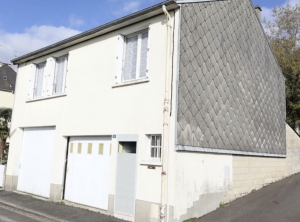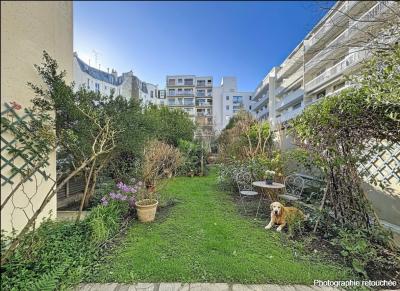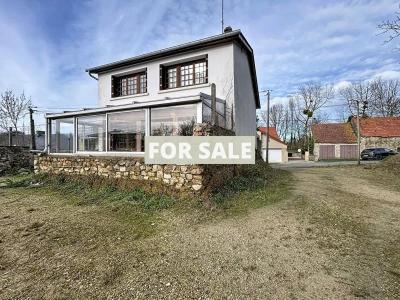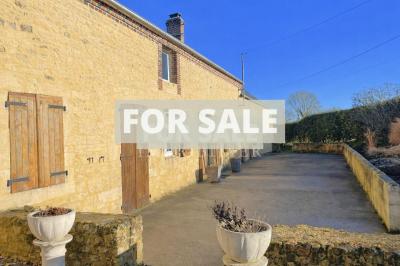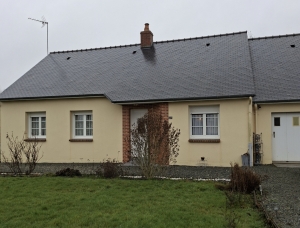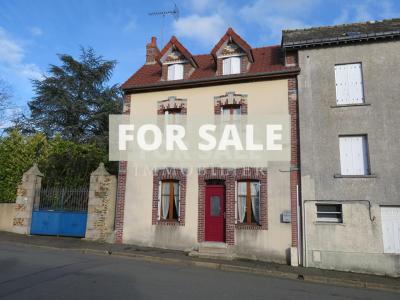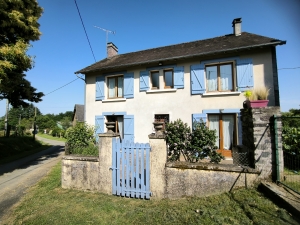You may love Eurovision, you may hate it or you may just be indifferent about the annual song contest but one thing you need to know is "the French" love it!
So buying a property in France and holidaying there during May you will be sure to see TV coverage in bars and public places and if you buy a house in france for full time living then be sure to have to use your French language skills to discuss the current years song entry.
We know of French families that make a party weekend of the event and invite friends and family to their houses for Eurovision get togethers that run long into the night, so be prepared to join in with a sing-a-long!
On Saturday night, most of Europe will be watching the finale of the 2015 Eurovision Song Contest. If you’re not familiar with this contest, it’s an annual song competition with countries in the European Broadcasting Union participating. This year, for its 60th anniversary, the contest is taking place in Vienna, Austria, because last year’s winner was Austria. Eurovision is a very popular: this year, an estimated 600 million viewers globally will be celebrating 60 years of singing.
Image courtesy of This Week UK
How it works is each country selects a singer to represent them. What surprised me is that the representative doesn’t have to be a citizen of the country he’s singing for! Canadian singer Céline Dion (ever heard of her?) sang for Switzerland in 1988 with the song “Ne Partez Pas Sans Moi” (Don’t Leave without Me), for example. Her participation helped launch her international career, so I’m pretty sure it’s safe to say that we can think Eurovision for our chance to perform our own drunken renditions of “My Heart Will Go On” at karaoke. Merci, Eurovision!
Céline isn’t the only big timer to come from a Eurovision background. ABBA won for Switzerland in 1974 with “Waterloo”.
The competition has two semi-finals and a final. For each semi-final, the 10 countries with the highest scores will make the journey to the Eurovision host country. Regardless of where they place, there is a group of 5 countries known as the Big Five that automatically place into the finals because they’re the biggest financial contributors to the European Broadcasting Union.
They are: France, Germany, Italy, Spain, the UK, and Australia. (Hey... that’s not 5. That’s 6! And Australia??). The previous year’s winner is also automatically in the final.
The winner is decided by 2 factors: a jury and public vote. Both are given 50%. This method can lead to a lot of geopolitical voting (which is interesting in and of itself).
France has appeared in the competition in 58 of the 60 competitions, missing the 1974 and 1982 contests. They’ve won 5 times:
1958 with “Dors, mon amour” by André Claveau
1960 with “Tom Pillibi” by Jacqueline Boyer
1962 with “Un premier amour” by Isabelle Aubret
1969 with “Un jour, un enfant” by Frida Boccara
1977 with “L’oiseau et l’enfant” by Marie Myriam
Since 1977, France has placed bronze 3 times and silver twice. Most notably, they placed last in 2014 with “Moustache” by Twin Twin. Yikes.
So what has France submitted this year to not repeat last year’s title?
This year’s French representative is a woman named Lisa Angell who is singing a song called “N’oubliez pas” (Don’t Forget). The song is a message to the entire generation to not repeat the mistake of past generations. It’s a song of “hope and peace, of courage and solidarity,” according to the singer.
Here are the the lyrics and an English translation.
Il ne me reste que des larmes
I only have tears left
Ces quelques notes venues d’autrefois
These few notes from the past
Et le chant de nos prières
And the melody of our prayers
Nos cœurs qui espèrent
Our hearts are hoping
Et le vide sous mes pas
And the emptiness beneath my steps.
Il ne me reste que les cendres
I only have ashes left
De mon village plongé dans le silence
Of my village that was plunged into silence
Je ne suis qu’une blessure
I’m only a wound
Un cœur sans armure
A heart without armour
Comment survivre après ça?
How can you survive after this?
Mais je suis là, je n’oublie pas
But I’m here, and I won’t forget
Dans mon village balayé par l’histoire
In my village swept away by history
Et je vis là, n’oubliez pas
And I live there. Don’t forget.
Effacé des cartes et des mémoires
Erased from the maps and memories
Je me souviens du rire des enfants
I remember the laughter of children
La voix des hommes quand ils partaient au champ
The voices of men leaving the field
Les fêtes des moissons
The harvest celebrations
L’odeur dans les maisons
The smell in the houses
Les éclats d’amour et de joie
The bursts of love and joy
Quand ils sont arrives
When they arrived
Cachés derrière leurs armes
Hidden behind their weapons
Ils étaient des milliers
There were thousands of them
Ils riaient de nos larmes
They laughed at our tears
Ils ont voulu détruire
They wanted to destroy
Nos croyances et nos âmes
Our beliefs and our souls
Avec des mots de haine
With hateful words
Que l’on n’connaissait pas
That we didn’t know
Je suis ici ce soir
I’m here tonight
Au milieu de ces ruines
In the middle of these ruins
Pour vous parler d’espoir
To talk to you about hope
Et vous chanter la vie
And to sing about life
Et je fais le serment
And I’m making a promise
Quand séchera le sang
That when the blood dries
De reconstruire ma ville
I will rebuild my city
Bien plus belle qu’avant
Even more beautiful than before
Mais n’oubliez pas
But don’t forget.
AND... remember to sing along on Saturday night!
Blog submitted by: Alex at The French Property Network - Cle France.
This blog was originally posted on The French Language Blog pages.
